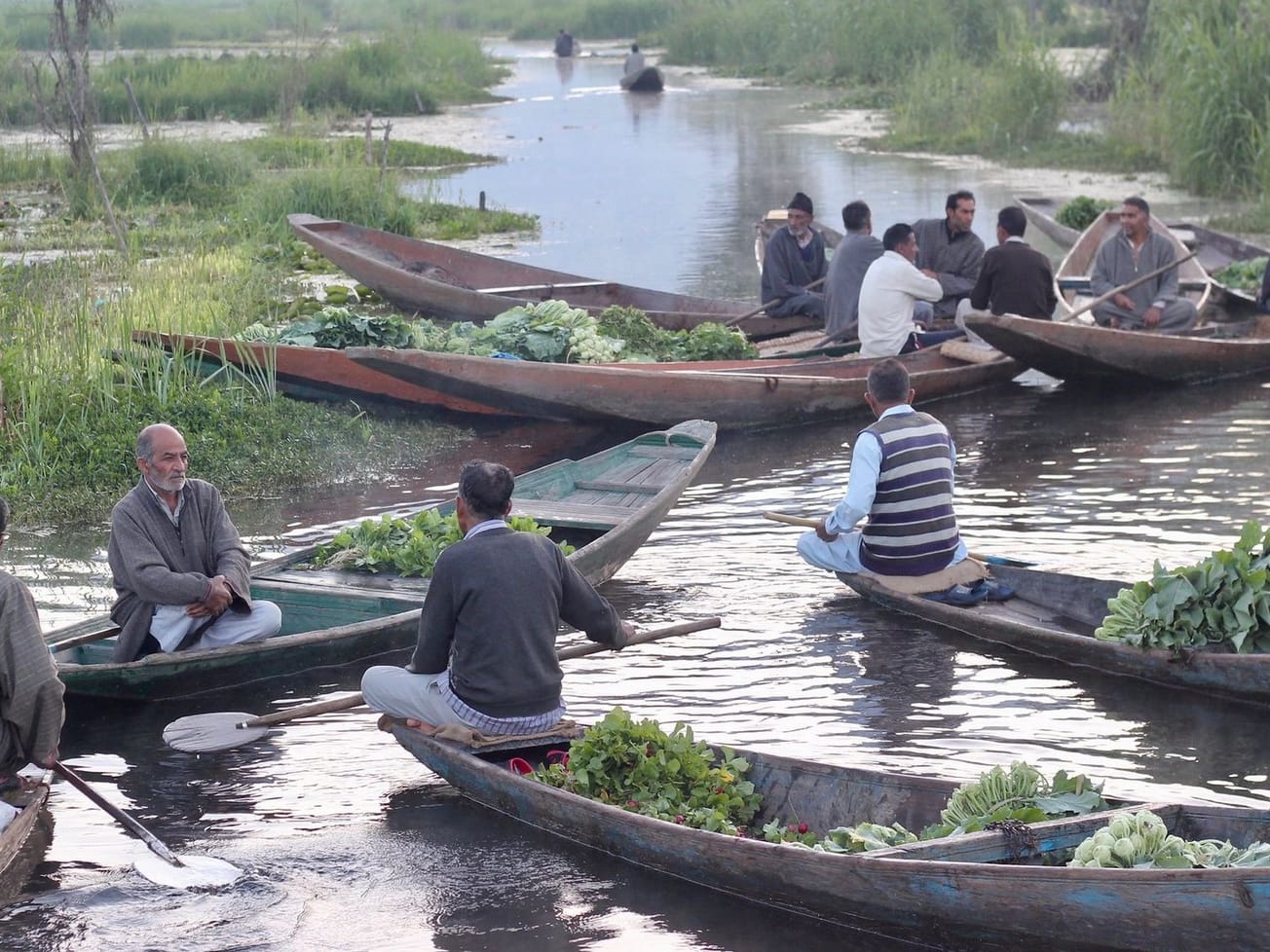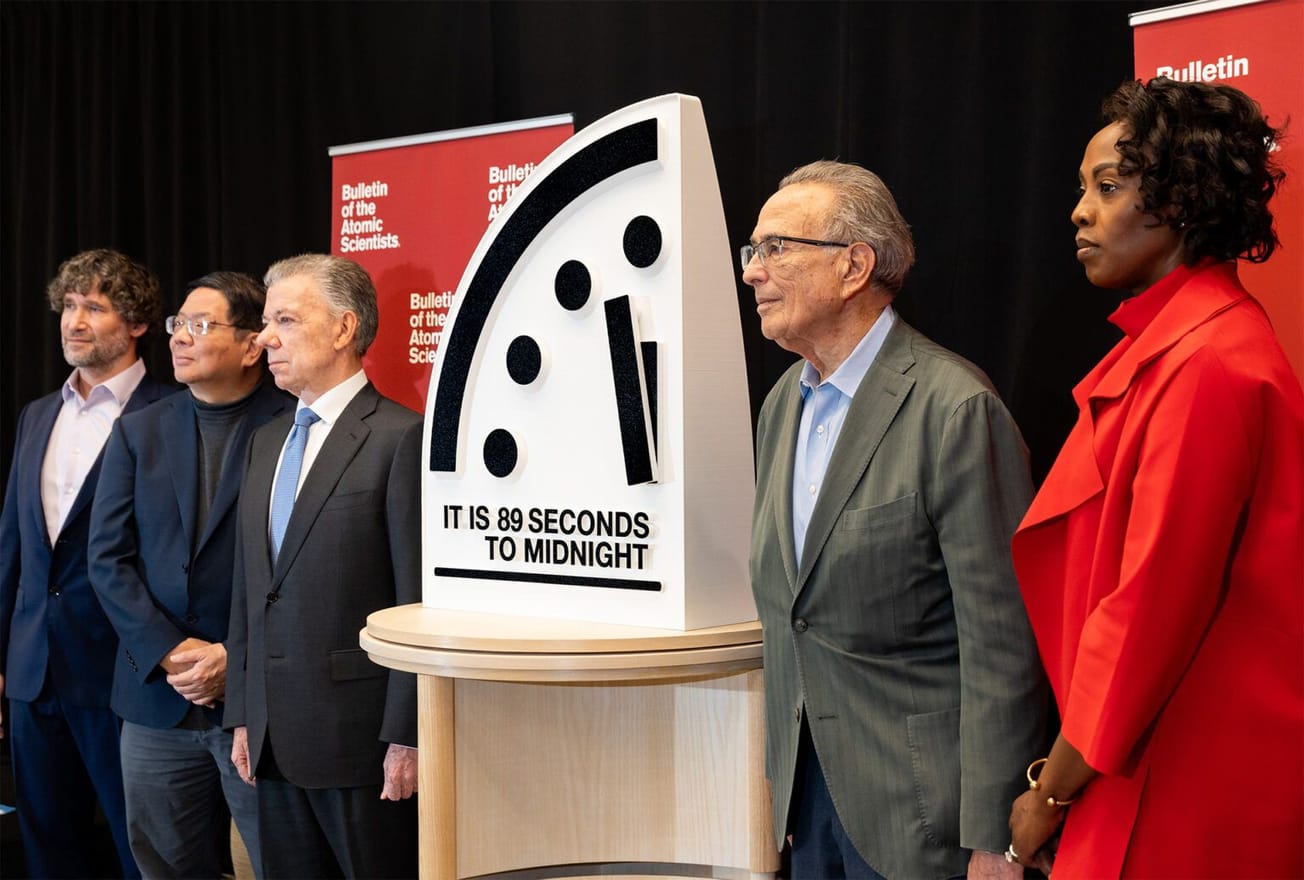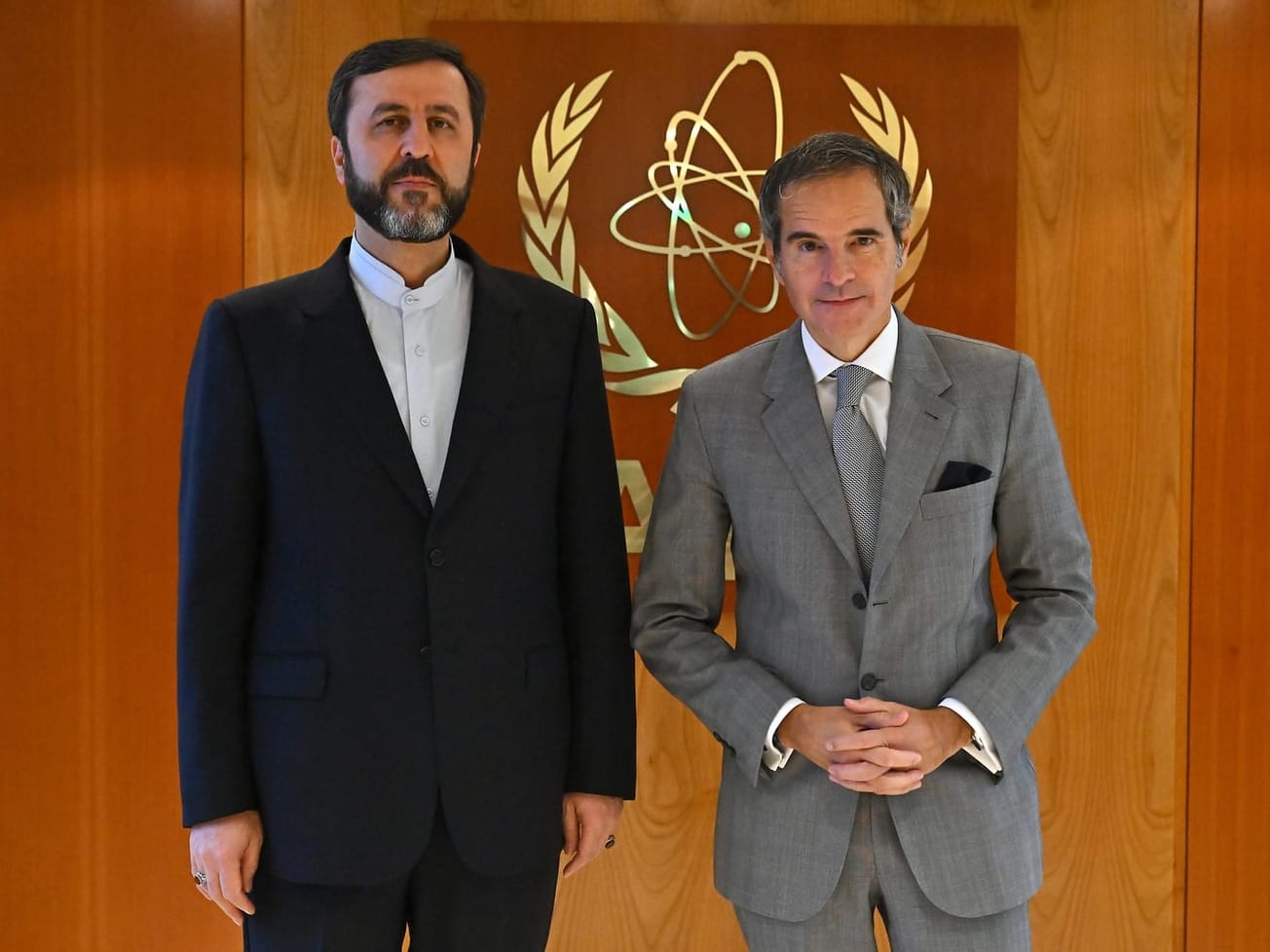UNITED NATIONS (AN) — Pakistan's government said it would review all bilateral arrangements with India and file a formal protest with the U.N. Security Council aimed at pressuring its neighbor into restoring the disputed Jammu and Kashmir region's semiautonomous status.
The decision on Wednesday from the government's national security council, after a meeting with Pakistan's Prime Minister Imran Khan, accompanied a move to downgrade diplomatic ties and suspend trade with arch-rival India.









